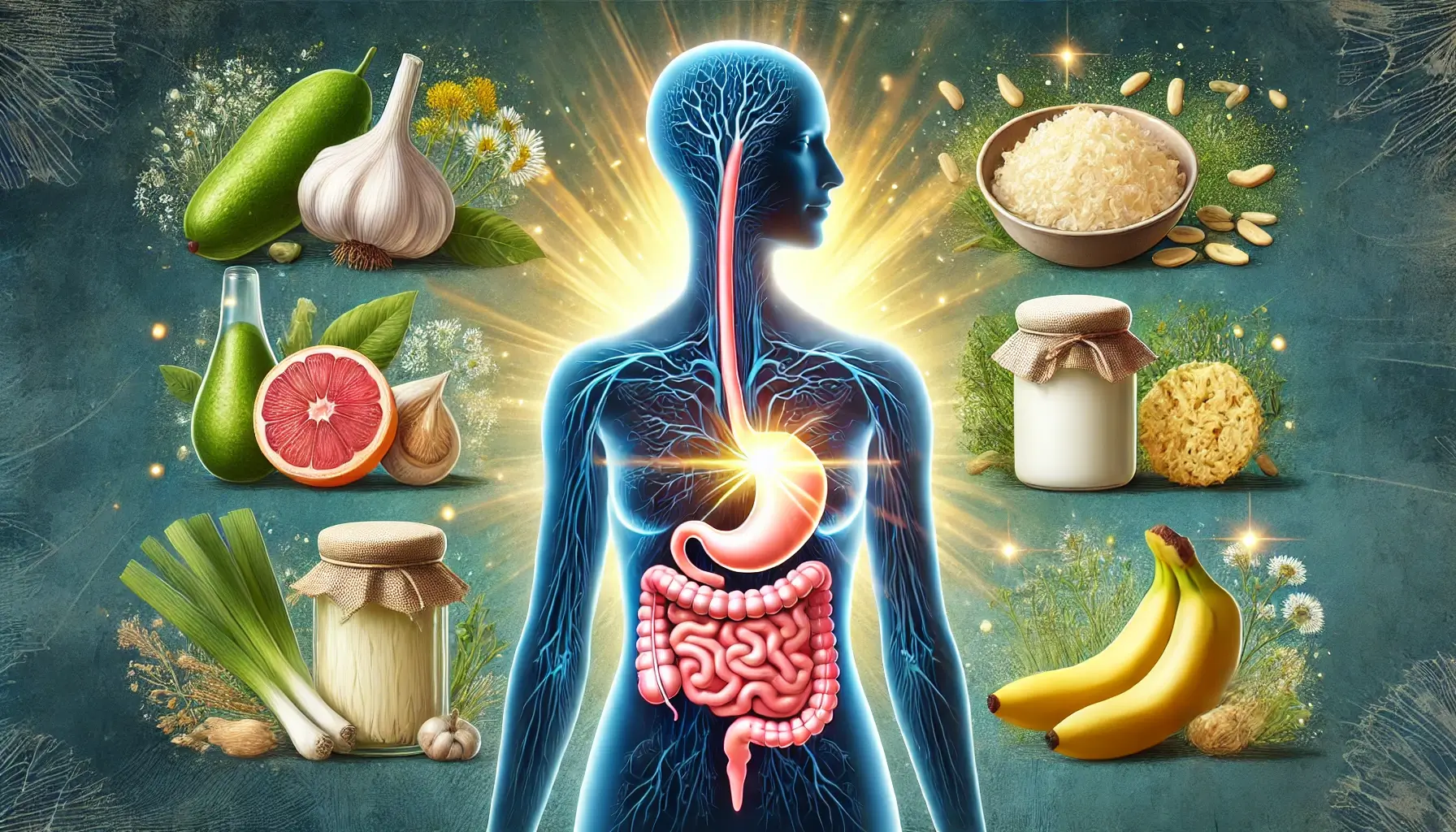Best Peptic Ulcer Diet
A diet low in acid and simple to digest is ideal for peptic ulcers. It is also critical to avoid meals and beverages that may aggravate your symptoms, such as spicy foods, fatty foods, acidic foods, coffee, and alcohol.
Here are some suggestions for developing a peptic ulcer diet plan:
Consume small, regular meals throughout the day. This will help reduce the amount of acid in your stomach.
Refrain from consuming food immediately before going to sleep. This can lead to the regurgitation of stomach acid into the esophagus, causing symptoms such as heartburn and acid reflux.
Avoid acid-rich foods like citrus fruits, tomatoes, and spicy dishes.
Avoid high-fat meals such as fried dishes and fatty meats.
Avoid coffee and alcohol.
Consume an abundance of fruits and vegetables. Fruits and vegetables are low in acid and high in fiber, which can help preserve the stomach lining.
Drink ample amounts of water. Maintaining enough hydration is advantageous for your general well-being and can assist in mitigating stomach acid levels.
Helpful Habits
Here are some meals and beverages that are beneficial to persons with peptic ulcers:
Fruits include apples, bananas, melons, pears, and berries.
Examples of vegetables include Broccoli, carrots, celery, cucumbers, leafy greens, potatoes, and sweet potatoes.
Grains include whole-wheat bread, brown rice, and oatmeal.
Protein sources include chicken, fish, tofu, beans, and eggs.
Dairy products include low-fat milk, yogurt, and cheese.
Water and herbal tea are the beverages of choice.
Avoid the Keto Diet if you have Peptic Ulcers.
The keto diet is a low-carbohydrate, high-fat diet that has grown in popularity recently. It is commonly used to lose weight but has also been demonstrated to have additional health advantages, such as better blood sugar management and decreased inflammation.
However, there is some worry that the keto diet may not be appropriate for persons suffering from peptic ulcers. Peptic ulcers are open sores that form in the stomach or duodenal lining. An imbalance between stomach acid and the protective mucus that coats the stomach and duodenum causes them.
Keto Diet
The keto diet can produce a variety of gastrointestinal alterations, including:
Increased production of stomach acid
Mucus production has decreased.
Delayed gastric emptying
These alterations aggravate or increase the likelihood of developing peptic ulcers.
Furthermore, those with peptic ulcers may find it challenging to adhere to the keto diet. The diet contains a lot of fat, which can be challenging to digest and cause nausea and vomiting. The diet also lacks fiber, which can cause constipation.
If you want to attempt the keto diet, you should first consult with your doctor. They can help you evaluate if the diet is safe and advise how to stick to it while controlling your peptic ulcers.
If you have peptic ulcers, you should see your doctor about your ideal diet plan. They can assist you in developing a strategy that is specific to your requirements and will assist you in managing your symptoms.













